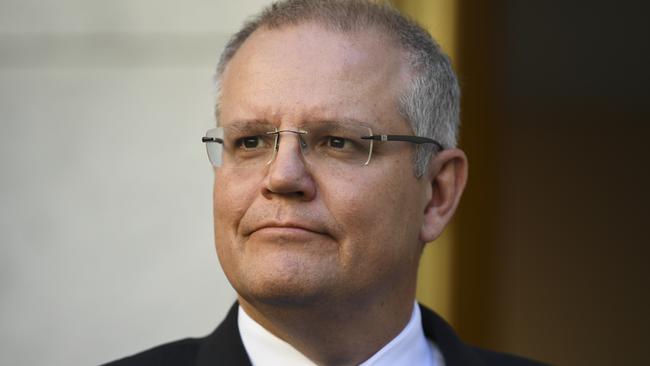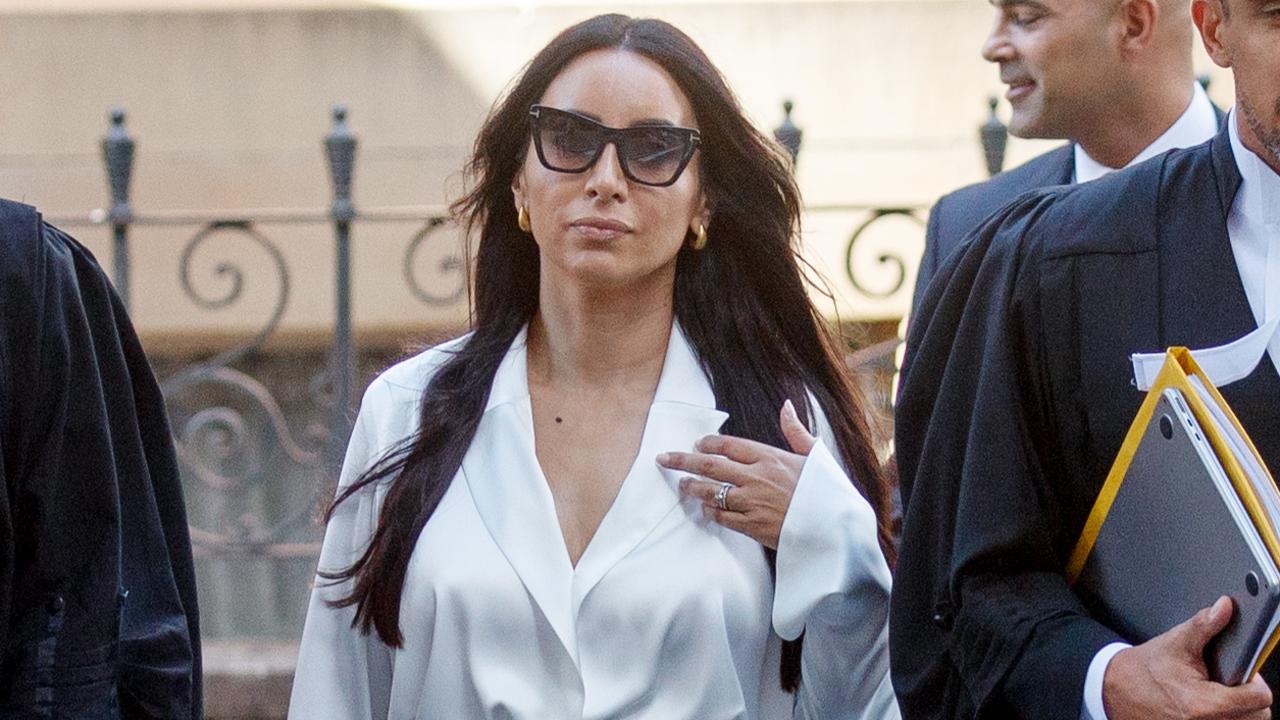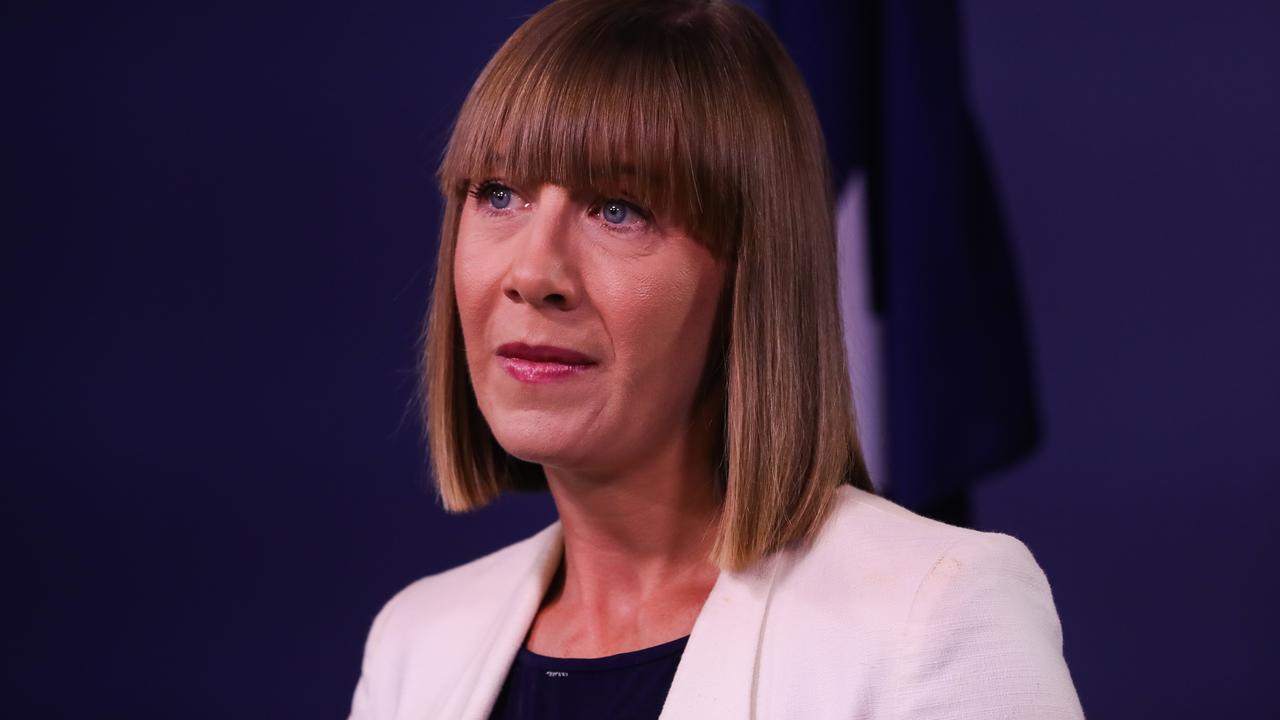Morrison push to protect faith-based charities like St Vincent de Paul
Scott Morrison will lead a push to safeguard faith-based charities in a key amendment to a same-sex marriage bill.

Scott Morrison will lead nearly a dozen Coalition MPs in amending a same-sex marriage bill by insisting on safeguards for charities as Tony Abbott fights a rearguard action aimed at encouraging the courts to protect defenders of traditional marriage.
The Australian can reveal that about 10 lower house Coalition MPs are prepared to put their names to amendments rejected in the Senate as part of a last-minute attempt to salvage inclusion of religious freedoms in any legislation.
The Treasurer is expected to move an amendment this week to ensure faith-based organisations cannot lose their charitable status in a push backed by Malcolm Turnbull, who said he would accept changes to better protect groups such as St Vincent de Paul.
“It’s a Catholic charity,” the Prime Minister told Sky News. “No one could rationally suggest that because it’s a Catholic charity and believes — its leadership believe in Catholic teaching on matters of faith and morality, including marriage — that it should lose its charitable status. That is ridiculous.”
The push appears unlikely to succeed after manager of opposition business Tony Burke signalled an intention not to support any amendments in the house while maintaining there is still a conscience vote for Labor MPs.
Mr Burke, who holds the western Sydney “No” voting electorate of Watson, said his personal view was “amendments should be dealt with in the Senate and we should not in the House of Representatives be seeking to put the bill through in a different form.”
Mr Abbott, the former prime minister will move first to make a second-reading amendment on the same-sex marriage bill when it comes before the House of Representatives. Mr Abbott, who said he would vote according to the outcome of the postal survey, will move that the parliament formally acknowledge supporters of traditional marriage following the outcome of the postal survey.
Mr Abbott’s second-reading amendment will say the bill should ensure “no one is discriminated against because of a conscientious view about the nature of marriage”. While it would not affect the legislation, it could provide persuasive direction for a court in determining the law’s intent. “I would say that it would be hard to oppose,” Mr Abbott said. The purpose of Mr Abbott’s amendment is not to defeat the bill.
Other MPs moving or backing amendments include Assistant Minister to the Treasurer, Michael Sukkar, as well as WA Liberal MP Andrew Hastie and Victorian Nationals MP Andrew Broad.
The amendments, based on those proposed by Liberal senators David Fawcett and James Paterson, will include the provision of an “anti-detriment” shield protecting individuals and organisations from adverse consequences arising from their support of traditional marriage as well as the ability for parents to ensure their children’s education aligns with their religious convictions.
Mr Sukkar challenged Labor over whether MPs would be given a conscience vote, saying it was a test for Bill Shorten given nine of 17 No-voting electorates were Labor-held seats in western Sydney.
Labor sources said last night that if an amendment goes to the marriage act, it will be a conscience vote for MPs while amendments that go towards other acts — such as the Sex Discrimination Act — will have to be dealt with in the “normal way through caucus”.
The opposition will establish a small group to determine how Labor MPs vote on amendments.


